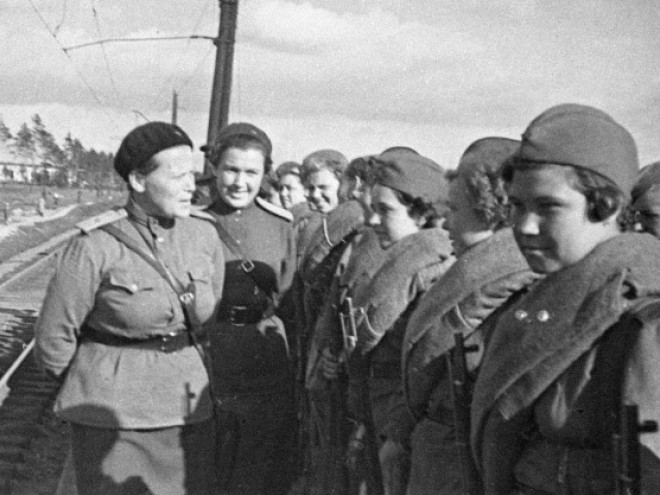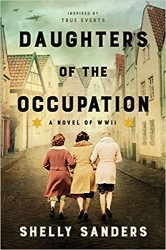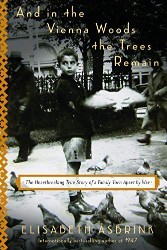Novelist Shelly Sanders’s sharp attention to detail and depth of historical knowledge are on full display in her latest novel, The Night Sparrow. The book tells the story of Elena Bruskina, a bright Jewish university student imprisoned in the Minsk ghetto. As she experiences the devastation there, she becomes determined to avenge the murders of those she loves, and when she escapes from the ghetto, she is recruited by the Red Army to join the all-women’s sniper platoon. Their mission is to kill Hitler himself.
Sanders’s thorough research into the history of the Soviet women’s sniper platoon will resonate with readers, particularly her descriptions of the diverse range of Elena’s fighting comrades. Sanders also highlights the breadth of the pre-war Soviet Jewish experience and presents the tension between traditional Jewish gender roles and Soviet ideals of egalitarianism. While they are united by their common enemy, the women’s discussions of their identities and motivations are complex, leading readers to appreciate their individuality and courage. These women also act as a foil for Elena’s development, as we see how her friendships shape her understanding of herself and her mission. The book further reflects Sanders’s commitment to historical details in her descriptions of life in the Minsk ghetto, as well as her recounting of multiple incidents of sexual violence and sniper battles. While the violence is not superfluous, as it impacts Elena’s story and follows the Red Army’s westward progress, some readers may choose to adapt how much to read in one sitting.
A greater challenge to many readers might be Sanders’s agility with eastern European languages. Depending on where Elena and the Soviet Army are as they advance, a page in the book might include any combination of English, Russian, Polish, and German names, exclamations, and locations. This is further complicated by Sanders’s use of time jumps as a narrative frame. Again, pacing and patience, and possibly a map, will help readers stay connected with the story as it unfolds.
Readers who enjoy World War II fiction and strong female protagonists will especially appreciate this book. In The Night Sparrow, Sanders brings a fresh and well-informed perspective to the category and reminds readers that there are still so many stories yet to be told.





